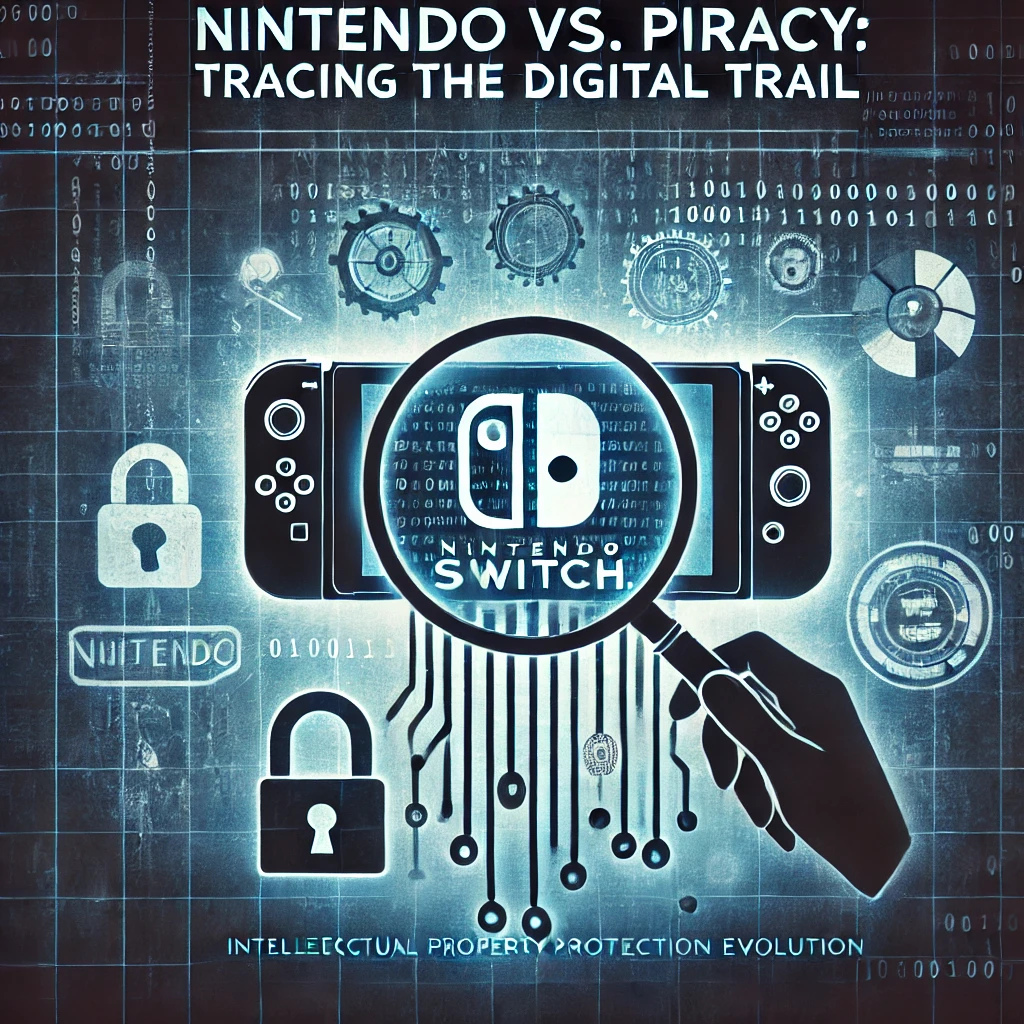In June 2024, Nintendo filed a lawsuit against James Williams for selling pirated games for the Nintendo Switch. This case sheds light on a new phase in the protection of intellectual property (IP). Particularly noteworthy is the process of identifying an individual based on fragmented information from online activities. Below, we examine the new methods of IP protection highlighted by this case and their implications.
Nintendo’s Tracking Methods: Leveraging Digital Footprints
The focus of this case was on how Nintendo traced the identity of an individual operating under the online handle “archbox.” The process revealed several notable points:
Identification from Online Posts
Past posts on Reddit served as crucial clues. For example, a mention of a “Midwestern university optometry clinic” suggested that the poster had ties to a university in Arizona. This is a prime example of investigative methods that utilize publicly available online information.
Cross-Referencing Email and Repair Records
Nintendo’s product lifecycle management group matched Williams’ email address with their internal systems. By cross-referencing repair history, they pinpointed his residence. This demonstrates how companies can leverage customer databases as powerful tools to identify IP infringers.
Balancing IP Protection and Privacy
This case raises ethical concerns about how corporate investigations for IP protection may affect individual privacy.
Ensuring Legitimacy and Transparency
Details on how Nintendo collected and used specific information remain unclear. Investigative methods must avoid infringing on privacy, necessitating a careful approach.
Risks for Users
Although Williams signed a cease-and-desist order, he denied the infringement itself. Cases like this highlight the risks and potential misunderstandings users face regarding how their online activities are interpreted.
Challenges and Future Directions for IP Protection
Nintendo’s case demonstrates the ability of companies to protect IP through technology and data analysis. However, it also highlights several challenges:
International Collaboration
When pirate sellers operate internationally, law enforcement and tracking become more complex. Cross-border cooperation is essential.
Shifting Focus from Enforcement to Education
Raising awareness about the risks and legal issues of pirated content among users is crucial. Beyond legal action, education is key to preventing recurrence.
Evolving Laws and Transparency
As digital IP laws continue to evolve, there is a need to clarify the scope of their application and ensure transparency in investigative methods.
Conclusion
Nintendo’s tracking and identification process showcases the power of corporate resources and technology. At the same time, it prompts discussions about privacy and the legitimacy of such investigations. This case could serve as a foundation for future IP protection efforts, but it also underscores the need for balance among companies, consumers, and society as a whole.
